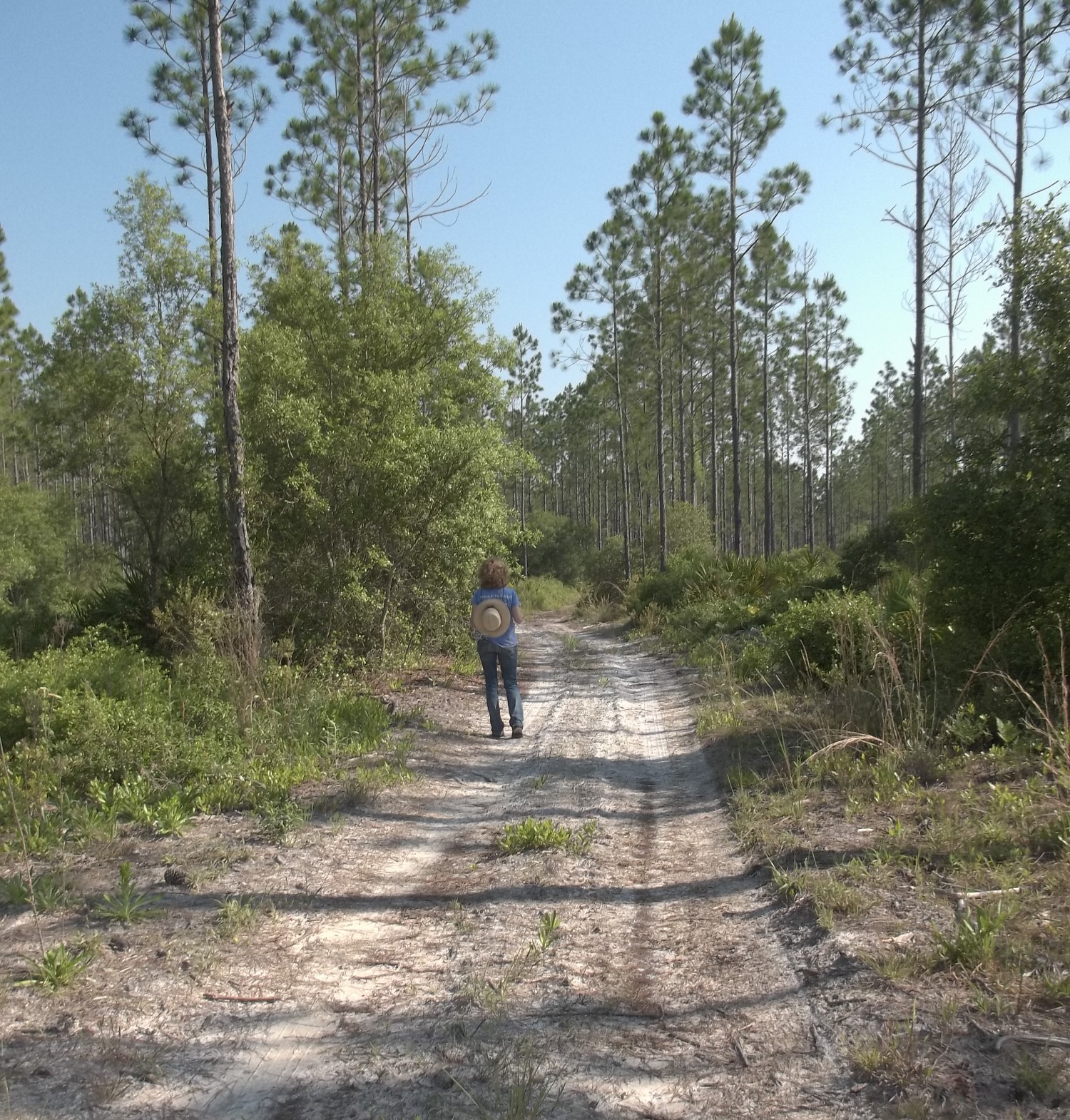As you know, this column isn’t intended as psychotherapy or professional advice. It’s information and entertainment, and, I hope, the spark for some conversation with someone who can help with a problem. The problem here is anxiety in all its forms.
According to the Anxiety and Depression Association of America, about 31.9% of youth have some sort of anxiety disorder. This would include diagnoses such as generalized anxiety, separation anxiety, panic disorder, and trauma disorders. It’s hard to believe this is accurate; if it is, then as a culture, things have gone horribly wrong.
We know a lot about what works, and what doesn’t work for anxiety. Isolation, the vortex of doom the internet can be, the misguided or malevolent support of random strangers online, endless social networking, and a sedentary, sleep-starved, junk-fed existence don’t work. Overscheduling doesn’t work. Avoidance doesn’t work. Irresponsibility doesn’t work. So do the opposite.
Get off the devices except for schoolwork.
Get enough sleep. Go to bed at a set time, get up at a set time. Every day, even weekends.
Cut down on activities.
Read real books. Learn about other people’s interior lives via good fiction (that’s a primary reason that we read classic literature in school; to understand more about how other people think, feel, and respond to life’s events). Then talk about them. That means parents should read them, too.
Get physical activity. A healthy young person needs at least two hours of activity a day, and ought to be standing, moving around, and active a big chunk of the rest of the time.
Learn useful skills. For example, everything it will take to manage one’s own money, car and home.
Socialize in person, often while doing something purposeful (whether that’s a sport, volunteering, or other activity).
Spend a lot of time in nature. If it can’t happen just about every day, plan a four- or five-hour chunk on the weekend.
Have chores and responsibilities for young people. No, “school is not their job” and therefore nothing else is to be done around the house. How are they going to learn necessary life skills? Plus, who wants a spouse or roommate who thinks going to work covers them for any contribution to home and family life?
Learn mindfulness meditation skills, to slow down the stress response and “step back” from anxiety-provoking thoughts. This facilitates the cognitive restructuring of cognitive-behavioral therapy, in which new ways of thinking and behaving are identified and rehearsed.
…and try cognitive behavioral therapy (CBT), preferably with at least one parent learning, too, to be coach and to help the parent. Anxious parents tend to teach their children fear-fueled ways of thinking and behaving, and anxious parents are apt to facilitate avoidance. Avoidance is like jet fuel for anxiety. Find a licensed mental health professional who will work with you as a family to teach the skills. Keep in mind that CBT will work much better if the other parts of life are in healthy, working order – proper sleep, nutrition, exercise, etc.
To expand on an earlier point: parents, often your anxiety feeds your child’s anxiety. If you are behaving as if the world is a terrible, dangerous place, do not be surprised if your child responds the same way. Making changes together to have a healthier, less anxious lifestyle will help the whole family.
